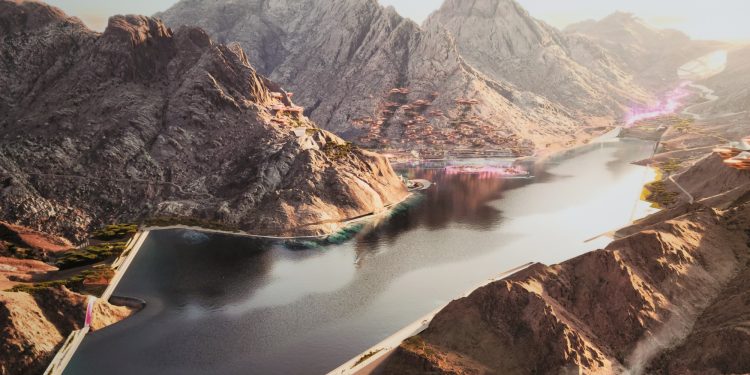Saudi Arabia is accelerating efforts to attract foreign investment as it approaches the final stages of its Vision 2030 plan, aimed at reducing reliance on oil and modernizing the nation’s economy.
In recent years, the kingdom has implemented sweeping social and economic reforms, including granting women more freedoms, legalizing entertainment venues, and welcoming international visitors. Since 2019, tourism has surged, with the country reporting over 100 million visitors. Economic growth has been robust, with non-oil sectors expanding and foreign direct investment tripling.
To further boost its appeal to global investors, Saudi Arabia introduced a new investment law unifying regulations for both local and foreign entities. While certain sectors remain exclusive to Saudi nationals, the law streamlines licensing, enhances intellectual property protections, and offers alternative dispute resolution methods. These measures aim to create a more predictable and transparent business environment, though the pace of change remains fast and sometimes unpredictable.
One notable policy requires foreign companies seeking public contracts to establish regional headquarters in Saudi Arabia, a move designed to strengthen the kingdom’s role as a business hub. The policy quickly surpassed its target, with more companies than expected setting up regional offices in Riyadh.
Despite the improvements, some businesses remain cautious, citing relocation costs and unfamiliarity with the market. Perceptions of regulatory complexity persist, especially in emerging sectors like digital assets, where clarity is still evolving.
Foreign investment opportunities span numerous industries, including food, retail, automotive, aviation, mining, real estate, health, technology, and renewables. Many are linked to massive development projects, such as the NEOM city and the Diriyah urban renewal. While most funding has come from domestic sources, lower oil revenues have led to project prioritization and scaling back of some plans.
Project leaders emphasize the need for strategic, long-term partnerships that bring not just capital but also expertise and sustainable practices. Engagements are underway with investors from Asia, Europe, the US, and the Gulf region, as well as with sovereign wealth funds and private equity firms.
European and American companies are increasing their presence, particularly in sectors related to energy transition and infrastructure. The kingdom is also seeking investment from emerging markets, aiming to broaden its network beyond traditional partners.
As Saudi Arabia pushes to diversify its economy, its transformation is influencing neighboring countries to pursue similar strategies. While challenges remain, including geopolitical risks and environmental concerns, Saudi Arabia is positioning itself as a compelling destination for investors ready to navigate its evolving landscape.
- Major Projects:
- NEOM: $500 billion (urban development)
- Diriyah: $60 billion (urban development/tourism)
- Rua al Madinah: $37 billion (tourism)
- Jeddah Economic City: $30 billion (urban development)
- Masar Destination: $27 billion (tourism)
- Riyadh Metro: $25 billion (transport)
- King Salman Park: $25 billion (urban development)
- Red Sea Global: $25 billion (tourism)
- Jeddah Central: $20 billion (urban development)
- Al Ula: $15 billion (tourism)
- Qiddiya: $10 billion (urban development)
- King Abdullah Financial District: $10 billion (urban development)
- Soudah Peaks: $7.7 billion (tourism)
- The Rig: $5 billion (tourism)
- King Salman Energy Park: $1.6 billion (renewable energy)


